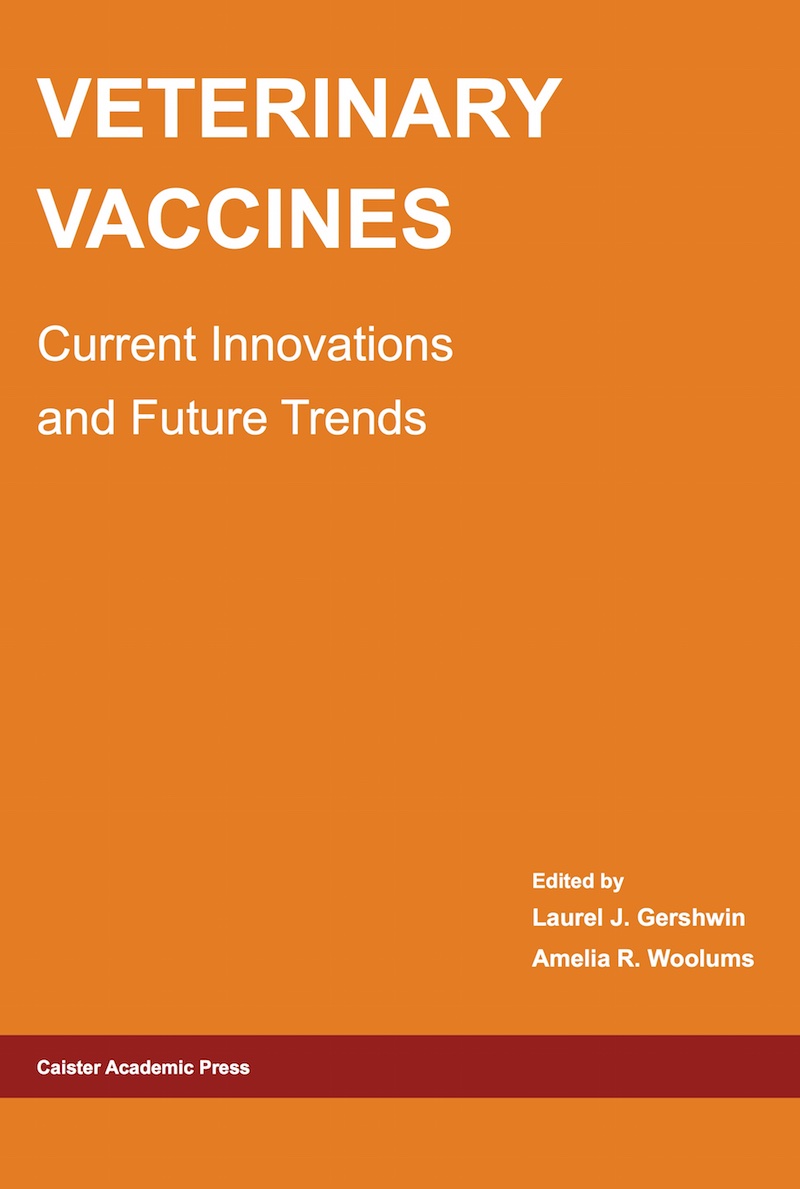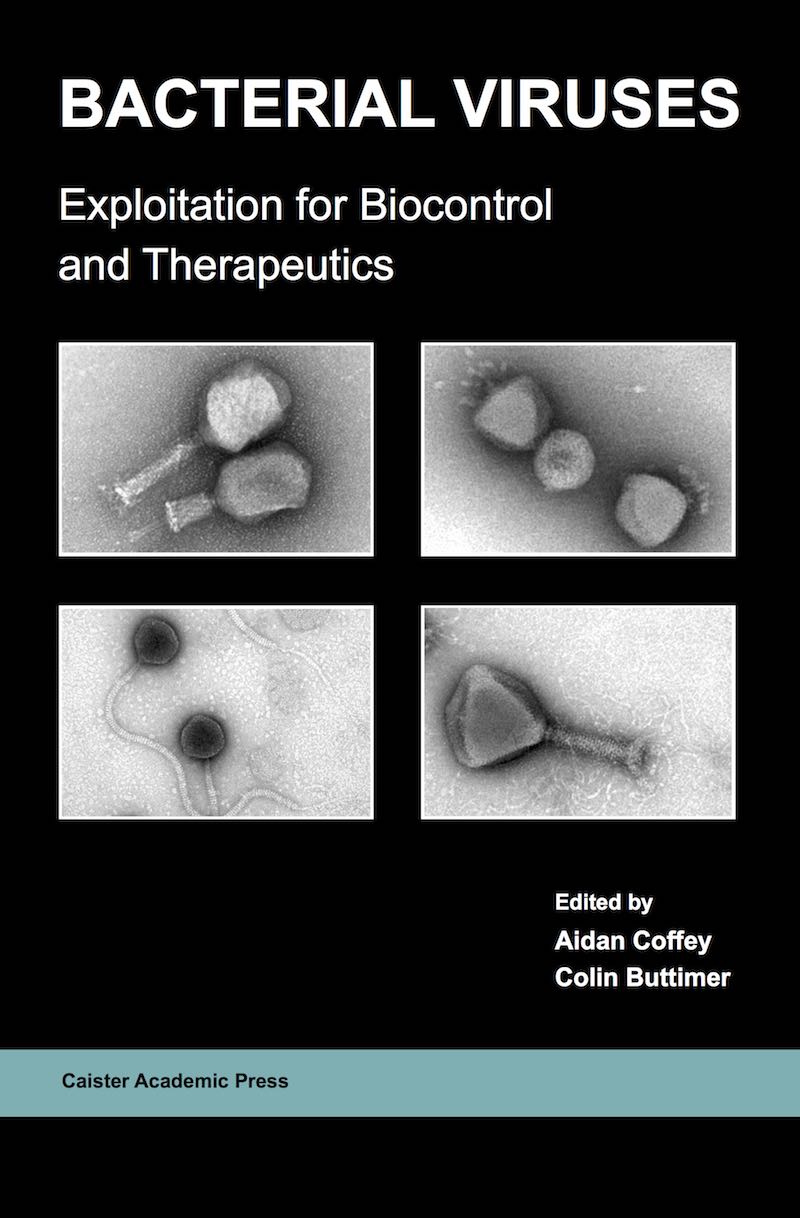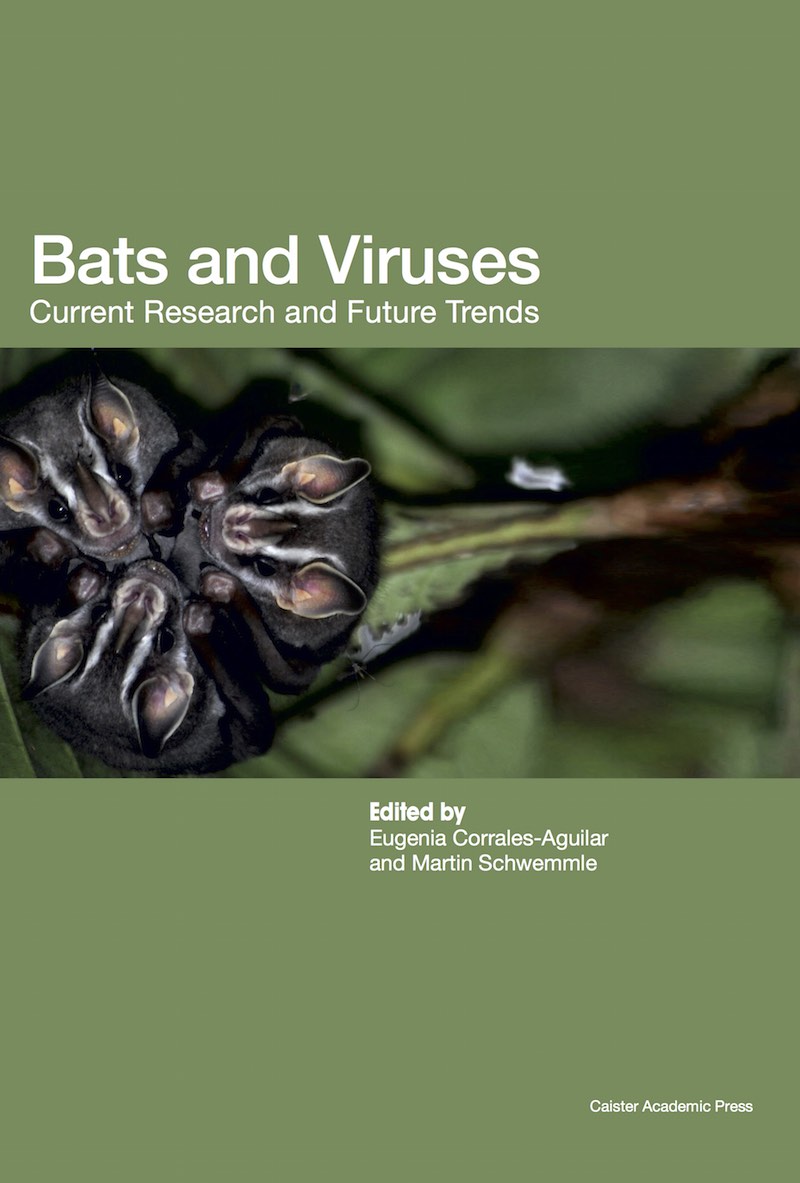Advances in Tetravirus Research: New Insight Into the Infectious Virus Lifecycle and an Expanding Host Range
Rosemary Ann Dorrington, Meesbah Jiwaji, Janet Awino Awando and Mart-Mari de Bruyn
from: Insect Molecular Virology: Advances and Emerging Trends (Edited by: Bryony C. Bonning). Caister Academic Press, U.K. (2019) Pages: 145-162.
Abstract
Tetraviruses are a group of relatively unknown small RNA viruses with particles that display a characteristic T=4 capsid architecture. Tetraviruses are classified into three families, the Alphatetraviridae, Permutotetraviridae and Carmotetraviridae, according to the divergent characteristics of their respective viral replicases. Tetraviruses generally infect the larvae of lepidopteran insect species, many of which are important agricultural pests and, until recently, were thought to have an unusually narrow host range and tissue tropism. The development of experimental systems for studying the viral infectious life cycle in tissue culture has permitted the extension of the virus host range to mammalian cells and plants. This chapter will review recent advances in the understanding of the biology of tetraviruses, highlighting new information on the expression and functional characterisation of viral proteins and the development of biological systems for elucidating the molecular mechanisms of infection, viral replication and host range read more ...



